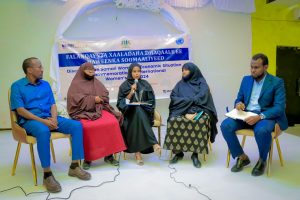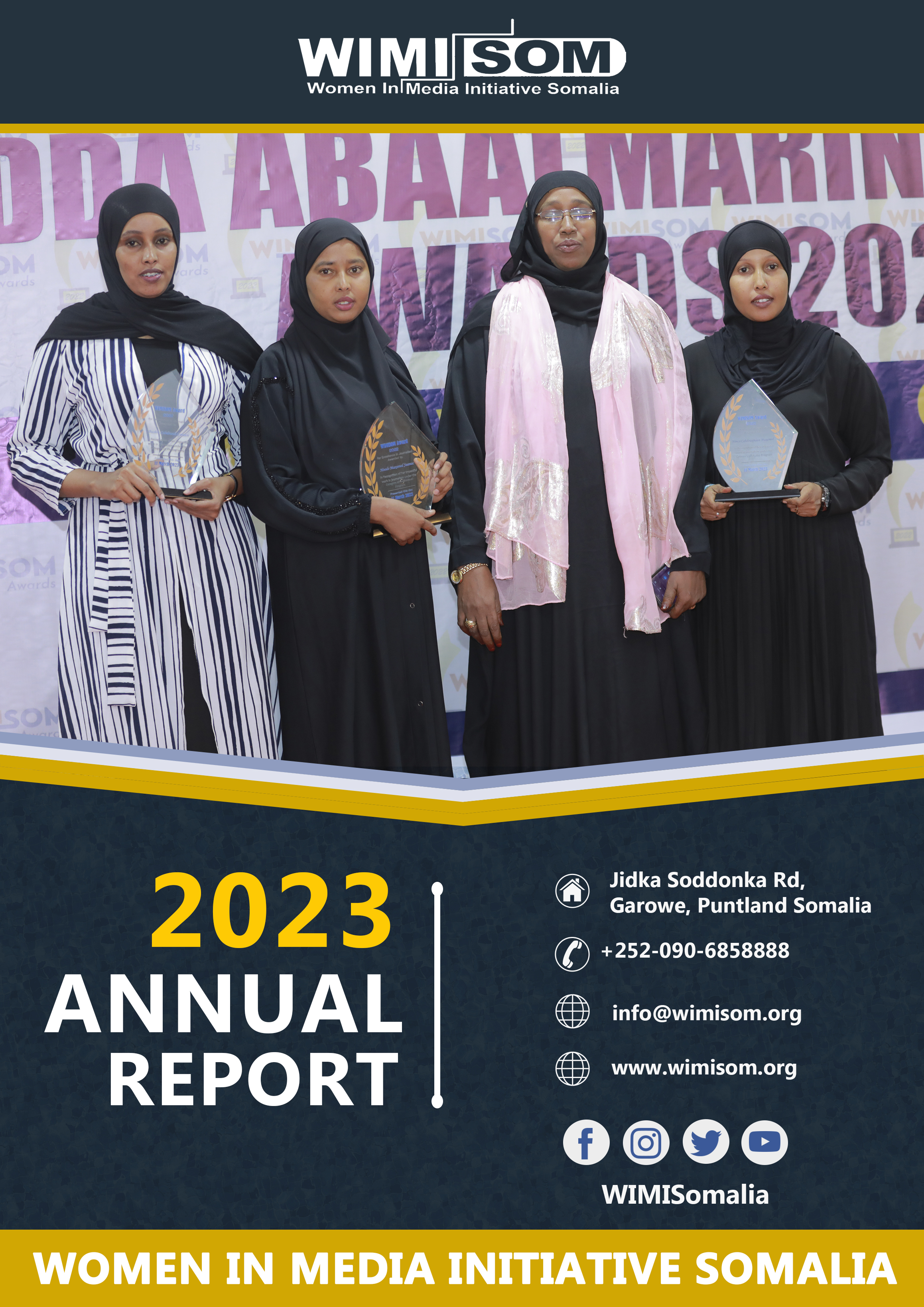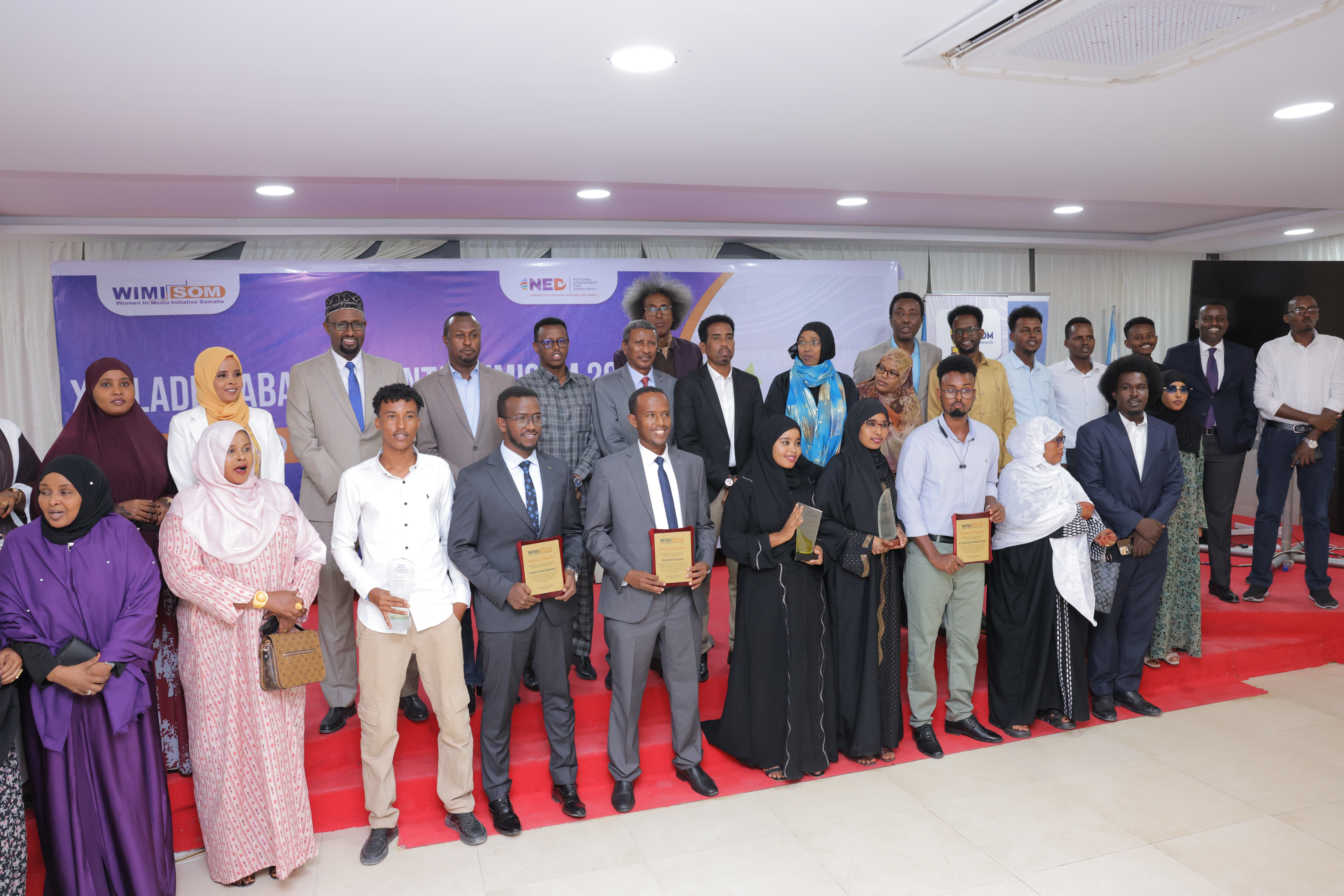In June 2021, The Puntland cabinet unanimously endorsed a zero-tolerance FGM bill banning all forms of the harmful practice.
The zero-tolerance bill criminalizes all forms of FGM. It classifies those who continue to practice it, such as circumcisers, both traditional and health care professionals, parents, and helpers, as perpetrators. Those who are found guilty of endorsing the harmful practice will face repercussions.
WIMISOM held a Roundtable meeting between members of parliament, CSOs, health workers, and community leaders in advocacy for passing the Zero-tolerance FGM Bill.

Yahye Mohamed Mohamud, the head of WIMISOM programs, opened the meeting and explained the purpose of the meeting, which is how to jointly discuss and advocate the approval of the Puntland Zero-tolerance FGM Bill.

During the meeting, there was an exchange of ideas and interactive experiences suggested by the participants.
The members of the parliament expressed their commitment to give priority to the approval of the bill, and they promised that they would do their best to quickly approve it, which is of great importance to the Puntland community. Members of parliament expressed the need for a comprehensive law that deals with the criminalization and punishment of circumcision, as well as the provision of support and rehabilitation for the survivors.

Civil Society Organizations played an important role in the meeting, presenting their experiences of working directly with communities affected by the FGM. They emphasized the importance of community participation in such meetings to educate the community on the importance of eradicating female genital mutilation.
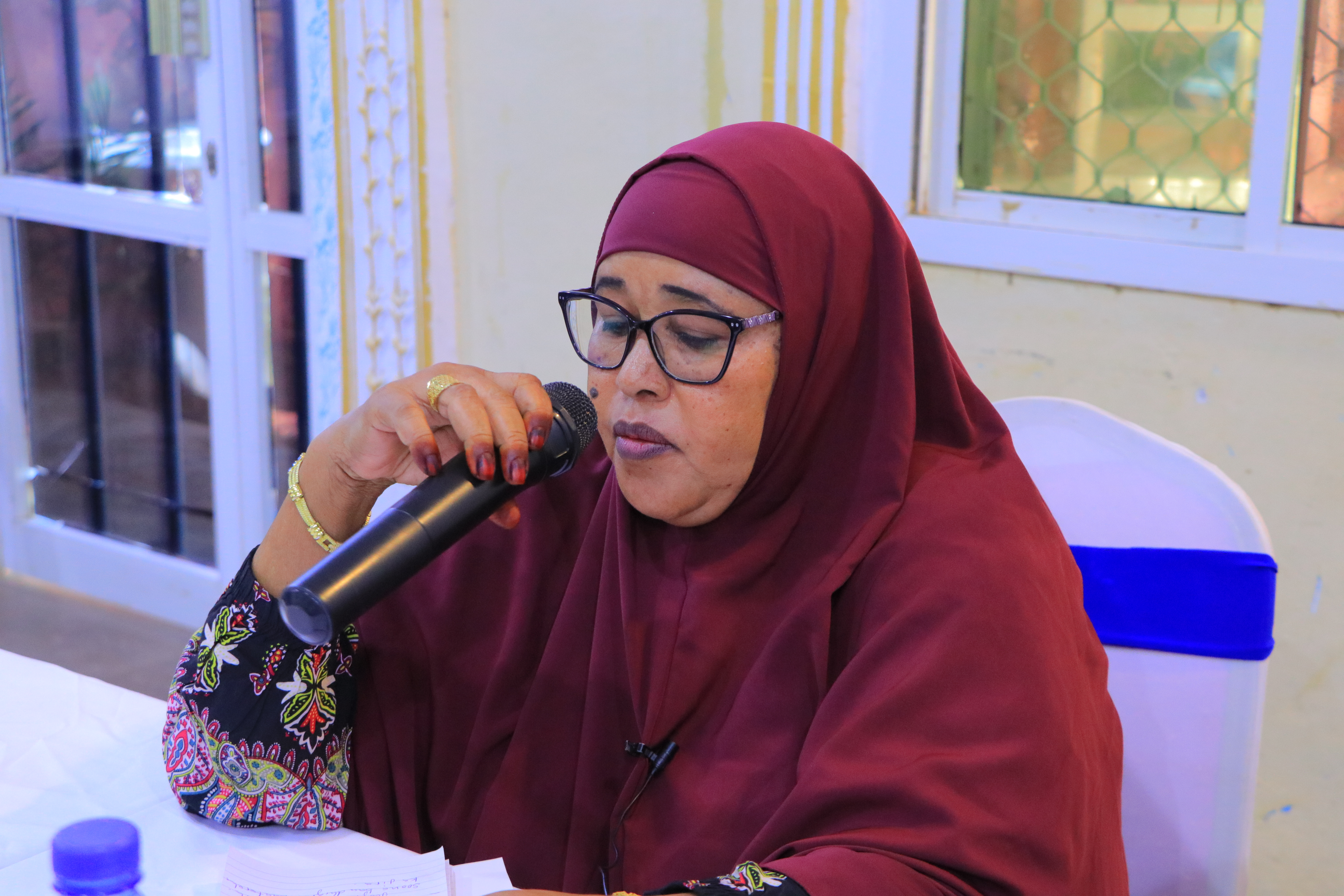
Civil Society Organizations have stressed the need for a massive campaign of comprehensive awareness and education programs against this deep-rooted culture that harms women and girls.
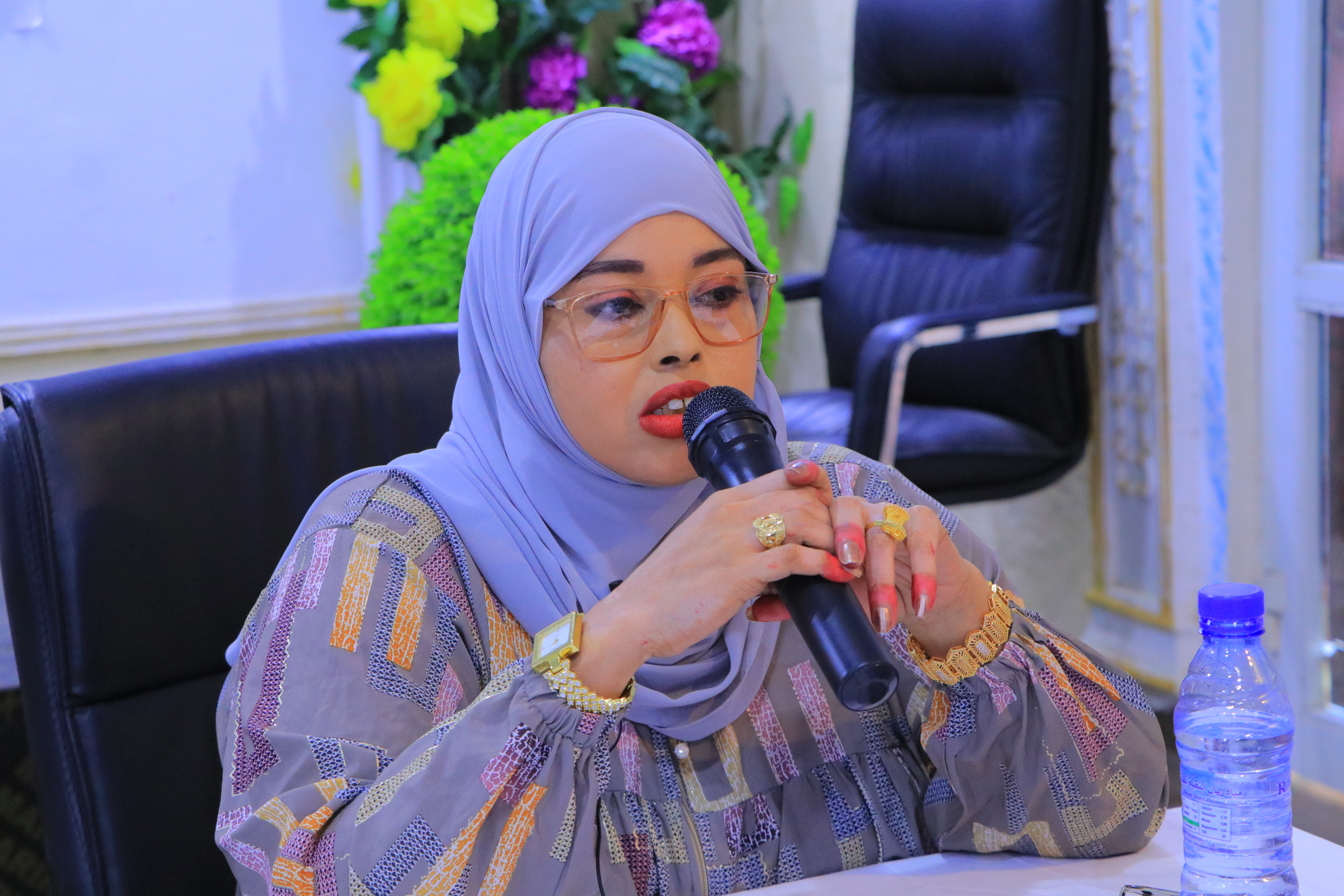
The health workers, including doctors, nurses, and psychologists, highlighted the health effects of FGM and the important role they play in providing care and medical support for complications arising from FGM. They described the need for training healthcare professionals to recognize and address the physical and psychological consequences of FGM. In addition, they called for increased funding and resources to improve healthcare services for survivors.
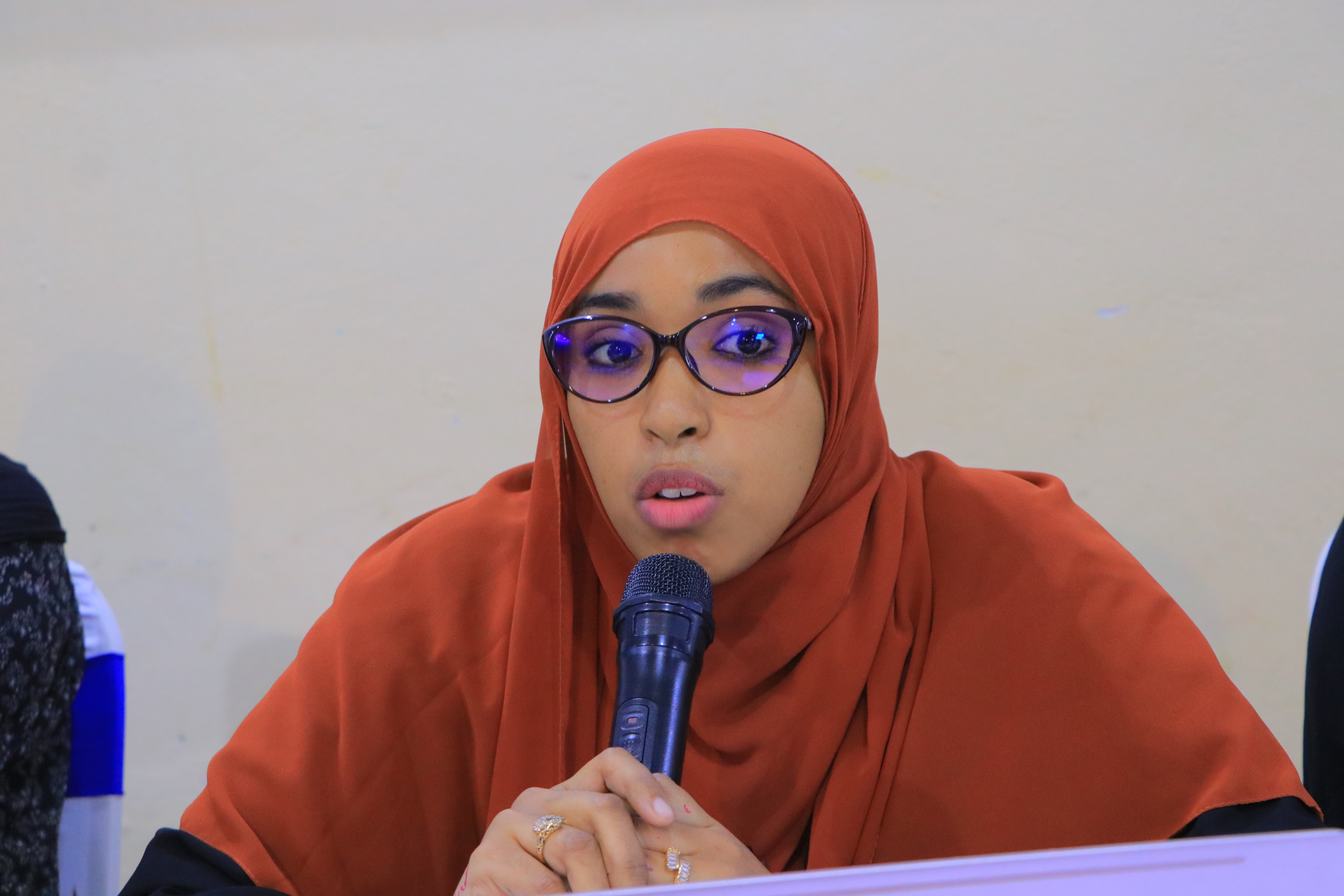
Community leaders who attended the meeting acknowledged the problems and the ongoing impact of female genital mutilation in their communities. They expressed their commitment to use their responsibilities to advocate against FGM and promote other practices that protect the dignity and well-being of women and girls. Their views and testimonies underscore the importance of community-led initiatives to foster sustainable change.


